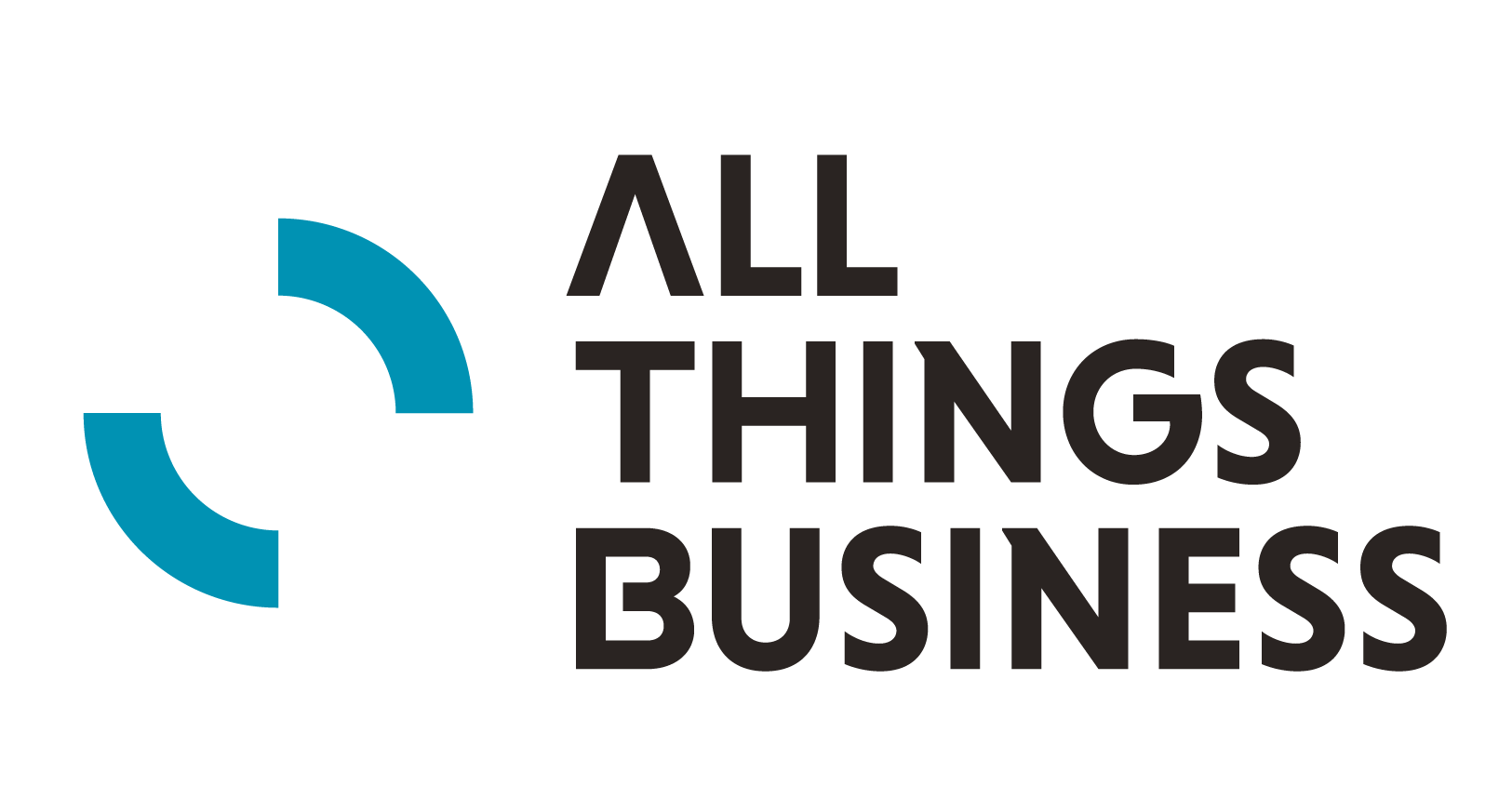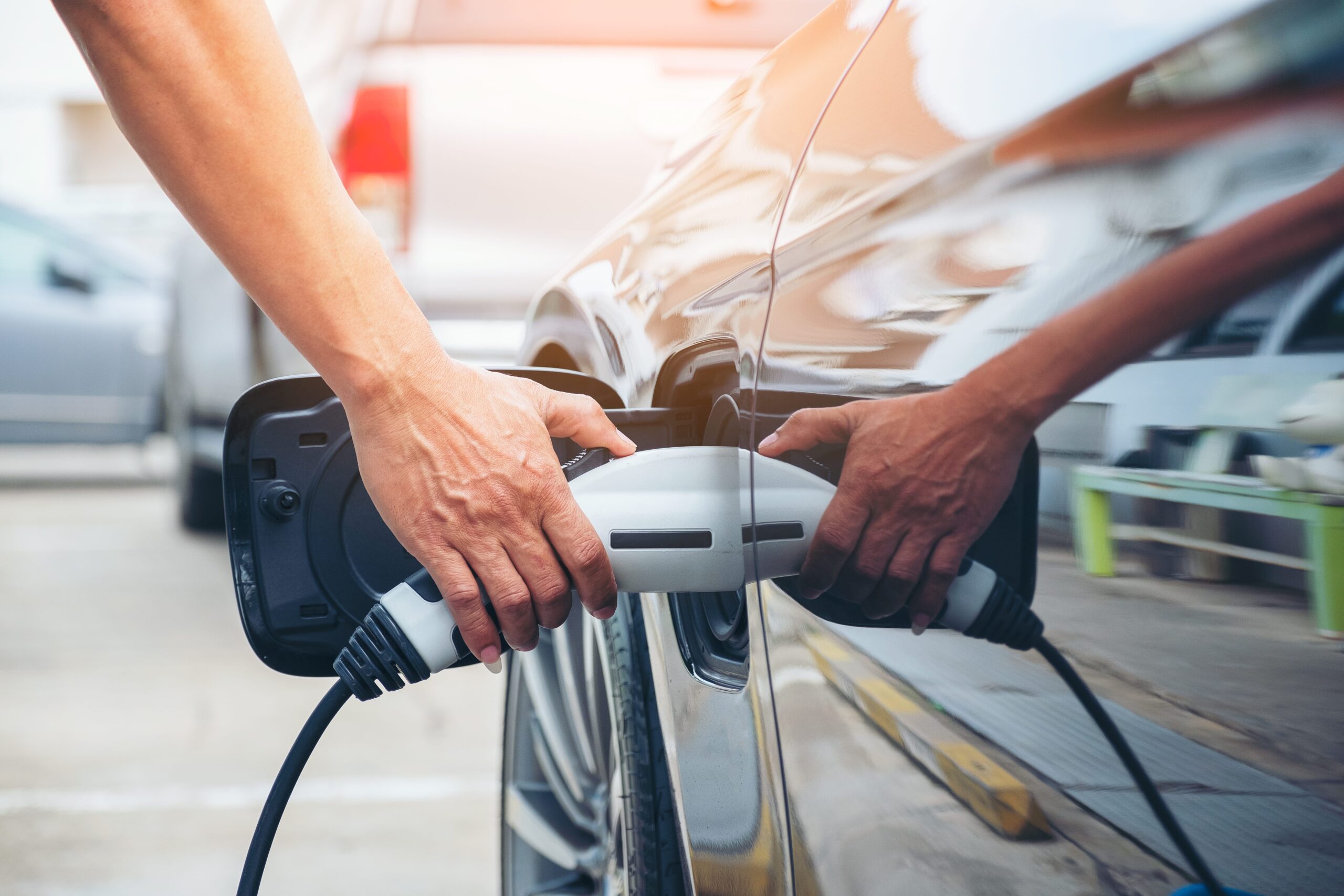Time is of the essence in the move towards electric vehicles, with companies becoming more and more aware of the 2030 ban on new petrol and diesel cars, combined with the end of the electric vehicle charger grant in its current form in April this year.
Companies and individuals need to start thinking seriously about making the switch, and London-based electric vehicle charging contractor Virtus Energy has appointed Nick Murphy as its new Business Development Manager to drive momentum.
Founded two years ago by Liam Ray and James Varney, Virtus is building its presence in the capital after a slow start due to lockdown, bringing a number of contracts on board, including Uber drivers based in London.
Nick, who has been in the motoring and vehicle leasing business for more than 30 years, will be working with domestic, commercial and car leasing clients to help them see the benefits of electric vehicles and take advantage of incentives before deadlines hit.
“Companies are aware of the 2030 deadline and what the future holds, but they’re not always embracing the changes now, believing it’s something for the next few years,”
said Nick.
“When you think about it, though, it’s eight years away, which, set against a normal leasing term of three years, by the time we get to 2025, there will only be one change of vehicle left before no new petrol or diesel cars will
be available.
“For those who are on the cusp of making that decision, the government’s OZEV is currently providing up to £350 off buying and installing electric vehicle home chargers. The average charger costs around £650, so that’s a great incentive. Unfortunately, the grant will be changed in April, so people will have to move quickly if they want to take advantage.”

Virtus Energy provides a fully managed service from initial consultation through to surveying, installation, reporting and maintenance. At consultation stage, the team will help explain the key benefits, including
Tax benefits
Reduced service and maintenance costs
Evolving technology and how that impacts on prices
The substantial environmental benefits of operating an electric fleet
Nick added:
“I believe that what is holding people back is that the infrastructure isn’t there, even though there has been a massive increase in range in newer vehicles. People need to get used to what charge levels mean for them, how far you can go on a full charge, or part charge, and how things like using sat nav and mobile phones in an electric car use up battery charge in a way they don’t in a petrol or diesel model.
“But that will come once drivers are familiar with their vehicles, and feel confident they aren’t going to run out of charge. That’s where Virtus Energy comes in, we can advise individuals about charge points at home, and businesses, fleet managers and leasing companies about how many charge points a workplace will need if it is to go over to electric, based on the size of their fleet and hours of service.
“A large business with two, three or four charge points is soon going to find it’s not enough as electric vehicles become more predominant, and we can help them see what they will need to keep their fleet working as they need it to.”
Virtus Energy is technology neutral, so compatible with all plug-in vehicle brands. The team of qualified engineers is based across the UK, creating a nationwide network to ensure clients’ EV charging installation and maintenance needs are covered. Different chargers are suitable for different sizes of vehicle, so fleets with a range of vans and lorries will benefit from expert input before making
a decision.
Once a client’s fleet and infrastructure is electrified, Virtus Energy provides management, reporting and monitoring software that allows fleet vehicles to track usage and expenditure for each driver and charger, offering full visibility of a fleet’s vehicle charging activity and its associated costs.
In addition, technology can be used to control access to the charge points for drivers, setting user groups for staff, visitors, fleet drivers, etc. Real-time reporting includes energy consumption and cost-viability data.
“We’re in the fairly early stages of electric vehicles and technology is moving quickly, and it will take time for people to come on board, but the simple fact is we need to act soon, or at least start to plan for the future,”
said Nick.
“It is still more expensive, often to the tune of £10,000 to £15,000 for an equivalent electric vehicle, but it’s important to understand the whole life costs, mainly fuel savings, reductions in National Insurance and benefits in kind.”
Contact 0203 871 1000, visit www.virtusenergy.co.uk
or email nick@virtusenergy.co.uk

